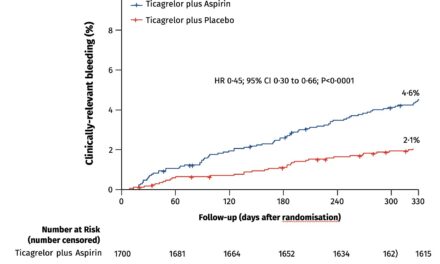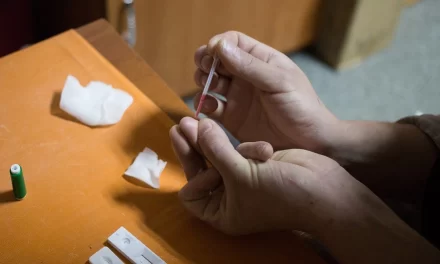Sydney, Australia — Authorities in Sydney have detected cancer-linked “forever chemicals” in several of the city’s drinking water catchments for the first time, raising concerns about the long-term safety of the water supply. Sydney Water confirmed on Tuesday that testing conducted in June and July revealed the presence of per- and polyfluoroalkyl substances (PFAS) at water filtration plants across New South Wales (NSW).
PFAS, a group of more than 10,000 chemicals known for their persistence in the environment and human body, were detected at several water filtration plants, with the highest levels found at the Cascade Dam in the Blue Mountains, west of Sydney. This site supplies water to nearly 30,000 residents.
The tests revealed concentrations of perfluorooctane sulfonate (PFOS) up to 0.0164 micrograms per liter and perfluorohexane sulfonic acid (PFHxS) up to 0.0142 micrograms per liter at Cascade water filtration plants on June 25. Additionally, low levels of PFAS were detected for the first time at three more water filtration plants in Greater Sydney’s west and at North Richmond, where PFAS contamination was previously identified in 2019.
Although the detected PFAS levels are within Australia’s current official drinking water safety guidelines, these guidelines are under review. In April, the US Environmental Protection Agency (EPA) classified PFAS chemicals as probable carcinogens and indicated that there is no safe level of exposure to PFOS.
“There is regular consultation between Sydney Water, WaterNSW, and NSW Health to assess any potential risk of PFAS or any other contaminant to Sydney’s drinking supply,” Sydney Water stated, emphasizing their commitment to monitoring and addressing any potential risks.
The detection of PFAS in Sydney’s drinking water coincides with a separate Australian-first study published the same day, revealing the presence of PFOS in the livers of eight deceased platypuses collected from rivers in NSW not previously known to be PFOS hotspots. The study, conducted by scientists from Western Sydney University (WSU), highlights the widespread environmental impact of these “forever chemicals.”
The platypus, endemic to eastern Australia and the island state of Tasmania, is classified as a near-threatened species by the International Union for Conservation of Nature. The discovery of PFOS in these animals raises concerns about the broader ecological consequences of PFAS contamination.
As Sydney authorities and researchers continue to monitor and investigate the impact of PFAS, the public is advised to stay informed about potential risks and updates related to water safety.












